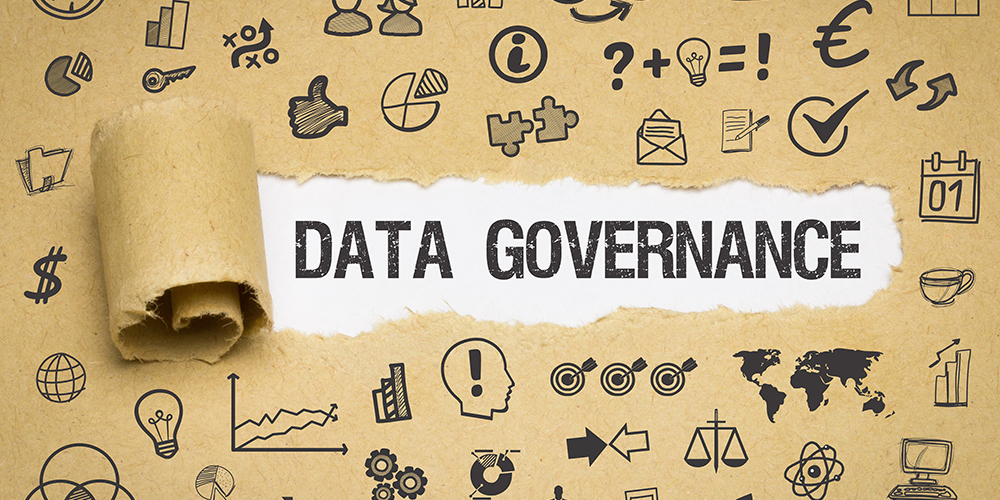
Jun 16, 2022 | SMB Technology, SMB Technology, SMB Technology, SMB Technology, Technology News
Cloud computing is used by many businesses, including small to medium-sized companies. Reasons for moving to the cloud include the desire for someone else to operate and maintain infrastructure, and to use a pay-as-you-go subscription model. In spite of the draw of cloud computing, companies need to consider what data they want in the cloud, and how that data will be managed and protected. Read on to learn more about what to consider when looking for a cloud provider Cloud Computing Offers Benefits and Raises Questions Cloud computing is often a good way to reduce infrastructure costs by accessing computing resources remotely over the Internet. Thus, a company can leave the infrastructure and its maintenance to a provider, and pay according to resources used. Depending on the service levels, some responsibility for data management may fall on your business. This provides flexibility for you and shares the responsibility with you. According to a CompTIA guide for cloud security, recent data incidents have drawn attention especially to how a CSP handles data. But amazingly, not that many companies—small to medium-sized businesses among them—do a “deep dive” in researching a provider. Commonly, company executives worry most about system outages and data breaches, which are concerns. However, with the amount of data generated by businesses, there are also the issues of data integrity, regulatory compliance, and disaster recovery. Considerations for Cloud Security A key consideration for cloud security starts with the understanding of your service level agreement (SLA). For example, you may want to keep an archive of your email for compliance reasons; if so, ensure that...

Jun 9, 2022 | SMB Technology, SMB Technology, SMB Technology, SMB Technology, Technology News
Data collection by businesses is a given, and a great deal of data is collected by a business in the process of performing its functions. In turn, it can help a business perform its role. For data to be used well, it must be of top quality, be available, and kept secure. Read on to learn more about data governance for your business. Benefits of Protecting Data Your company has many reasons to protect its data. For one thing, cyber criminals are waiting to get company data they can exploit, to put on the dark web or to design social engineering schemes. What if employee data was exposed, and used to compromise your company’s reputation, or the reputations of your customers? If a nonprofit’s donor data was leaked, their reputation would be damaged and they might even have to close. Businesses subject to data compliance regulations like HIPAA or GDPR have to pay fines for data breaches, and sustain loss of reputation as well–both things that safeguarding data can help avoid. How to Safeguard Your Company’s Data What are things a business can do to safeguard their data? First off, a company can consistently inventory its data, disposing of content it no longer needs. Along with this practice, not saving old data in general keeps exposure risks to a minimum. Instead of keeping data on multiple servers on the premises, look to secure remote data storage to keep it safe in one place. Doing a data inventory also helps you discover what personally identifying information (Social Security numbers, birthdates) or financial (credit card numbers or...




